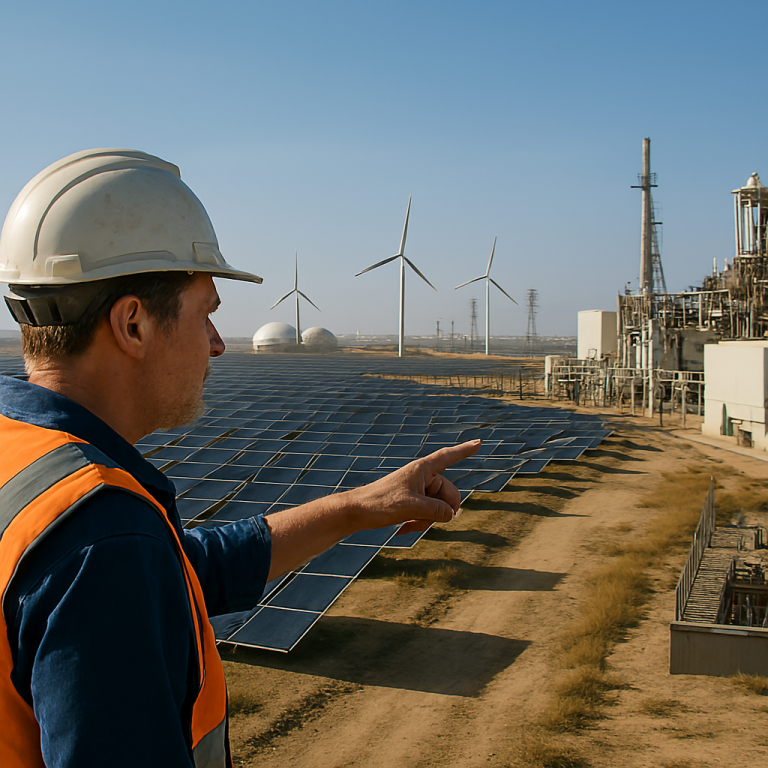By recycling, you can prevent harmful chemicals from contaminating our air and water, and you can also conserve natural resources. Additionally, recycling helps decrease greenhouse gas emissions, which contribute to climate change. So, by making recycling a part of your daily routine, you can make a significant impact on reducing air and water pollution.
Reduction of Greenhouse Gas Emissions
By recycling, you can significantly reduce the emission of greenhouse gases. The process of recycling helps to conserve energy and reduce the need for extracting and processing raw materials. When we recycle materials such as paper, plastic, glass, and aluminum, we reduce the demand for virgin resources, which require significant amounts of energy to extract and manufacture. Instead, recycled materials can be used as feedstock for the production of new products, reducing the carbon footprint associated with their production.
Furthermore, recycling promotes the use of renewable energy sources and sustainable transportation options. Many recycling facilities are now powered by renewable energy, such as solar or wind power, which significantly reduces their carbon emissions. Additionally, recycling helps to decrease the demand for new products, which in turn reduces the need for transportation and the associated emissions. By recycling, you can contribute to the reduction of greenhouse gases emitted during the production and transportation of goods.
Conservation of Natural Resources
To further emphasize the benefits of recycling, it is important to consider how it contributes to the conservation of natural resources. Recycling plays a crucial role in promoting sustainable practices and reducing the environmental impact caused by the extraction and processing of raw materials. By recycling materials, we can conserve valuable resources and reduce the need for excessive mining, deforestation, and other destructive practices.
One of the main advantages of recycling is that it helps to conserve energy. When we recycle materials like paper, glass, and aluminum, we save a significant amount of energy compared to producing them from virgin materials. For example, recycling aluminum cans can save up to 95% of the energy required to produce new cans from bauxite ore. This energy savings translates into reduced greenhouse gas emissions and less reliance on fossil fuels.
To better understand the conservation impact of recycling, let’s take a look at the table below:
| Material | Energy Saved (compared to production from virgin materials) | Natural Resources Conserved |
|---|---|---|
| Paper | 40% | Trees |
| Glass | 30% | Sand and limestone |
| Aluminum | 95% | Bauxite ore |
| Plastic | 80% | Petroleum |
| Steel | 60% | Iron ore |
As the table demonstrates, recycling reduces the need for extracting and processing natural resources, preserving them for future generations. By embracing recycling as a sustainable practice, we can make a significant positive impact on the environment and ensure the conservation of our precious natural resources.
Prevention of Harmful Chemical Contamination
Recycling plays a significant role in preventing the harmful contamination of air and water by reducing the release of toxic chemicals into the environment. By preventing the disposal of hazardous materials into landfills and incinerators, recycling helps minimize the environmental impact of these substances. When toxic substances, such as lead, mercury, and arsenic, are improperly disposed of, they can leach into the soil, contaminate groundwater, and ultimately find their way into our air and water sources. This contamination poses serious health risks to humans and wildlife.
Through recycling, these toxic substances can be diverted from landfills and incinerators and instead be reused or safely disposed of. For example, recycling electronic waste, or e-waste, prevents hazardous materials like lead and mercury from being released into the environment. Instead, these materials can be safely extracted and recycled, reducing the potential for air and water pollution.
Furthermore, recycling helps decrease the demand for the extraction and production of new materials, which often require the use of harmful chemicals. By reducing the need for new production, recycling minimizes the release of toxic substances into the environment.
Decrease in Waste in Landfills and Incinerators
You can significantly reduce the amount of waste in landfills and incinerators through recycling. Recycling plays a crucial role in waste management, as it diverts materials from the landfill and incineration processes. By recycling, you not only conserve natural resources but also minimize the environmental impact associated with waste disposal.
Waste management is a complex issue that requires sustainable solutions. Recycling offers a viable option to address this challenge. When you recycle materials such as paper, plastic, and glass, you are diverting them from landfills and incinerators. Instead of being buried or burned, these materials are collected, processed, and transformed into new products. This reduces the amount of waste that ends up in landfills and incinerators, ultimately decreasing the environmental impact caused by these disposal methods.
To better understand the positive impact of recycling on waste reduction, consider the following table:
| Material | Amount of Waste Generated | Amount of Waste Diverted through Recycling |
|---|---|---|
| Paper | 100 tons | 60 tons |
| Plastic | 50 tons | 30 tons |
| Glass | 20 tons | 15 tons |
As you can see, recycling significantly reduces the amount of waste that would otherwise end up in landfills and incinerators. By diverting materials through recycling, we can conserve resources, minimize pollution, and create a more sustainable future.


